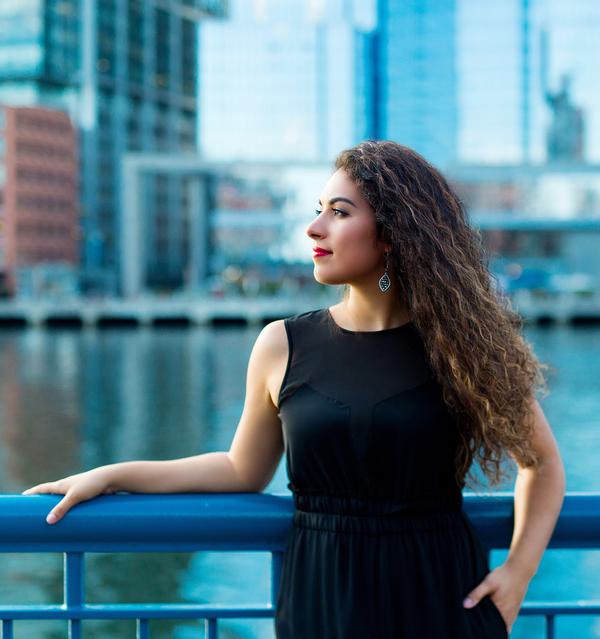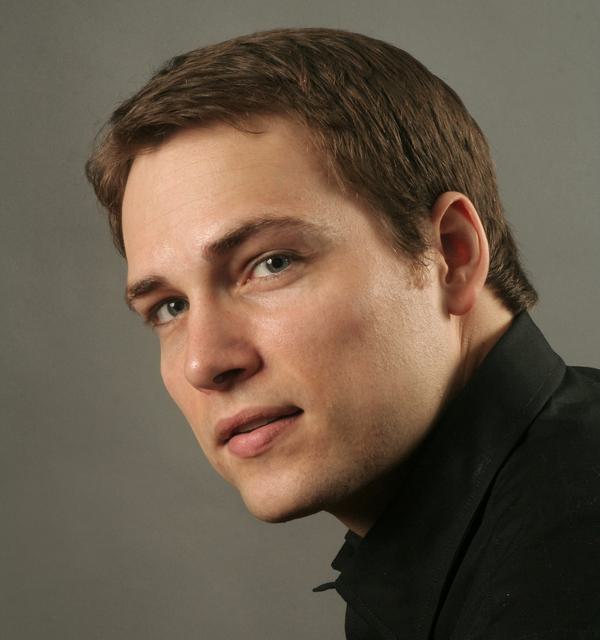
News Story
A modern-day Romeo and Juliet-inspired tale of two rival New York gangs in the 1950s, Leonard Bernstein’s West Side Story was a revelation when it premiered in 1957, breaking the boundaries of musical theatre and setting the world alight with its rich scoring, exuberant choreography and powerful plot.

62 years later and following its hugely successful and multiple Academy Award-winning 1961 film adaptation, West Side Story remains a hit with audiences and critics alike, revered as a seminal work of the 20th century and one of the most popular musicals of all time.
With hundreds of productions of the work mounted every year, translations available in over 26 languages and plans afoot for a blockbuster remake directed by film director Steven Spielberg, its appeal appears to remain as large as ever.
For world-renowned British conductor Sir John Eliot Gardiner, conducting West Side Story has been a life-long ambition. He first encountered the work on record as a 14-year-old boy before watching it performed live (three times!) on the West End in London the following year.

Later, whilst studying under French composer, conductor, and teacher Nadia Boulanger in Paris in the 1960s, he would have the opportunity to meet Bernstein and discuss with him the score, lauded for is complexity, lyricism, passion and rhythmic energy.
Fulfilling an ambition harboured for over 50 years, Gardiner will bring two concert performances of West Side Story to the Usher Hall this year. Conducting an augmented Broadway theatre scoring as Bernstein originally intended, he will be joined by the Scottish Chamber Orchestra and special guest instrumentalists drawn from the worlds of jazz and musical theatre. A hand-picked cast from Scotland and America come together to complete the performance with Puerto Rican-American soprano Sophia Burgos taking the role of Maria and lyric tenor Alek Shrader as Tony.
We spoke to Sir John Eliot Gardiner about the work, his personal connection to it, and why he thinks it’s in a league of its own...
Sir John Eliot Gardiner on his first encounter with West Side Story:
I can never forget my first encounter with West Side Story. It was first of all buying the record. I was 14 at the time. And then going to a performance in 1958 when I was 15 when it first came to London. I was completely blown away, totally blown away, and I went to it three times.
On meeting composer Leonard Bernstein:
I met Lenny Bernstein when I was in Paris as a student of Nadia Boulanger and he was great friends with Nadia Boulanger and this was in 1967. And then of course I spoke to him about West Side Story because it made such an impact on me as a 15-year-old. I asked him “you know in ‘America’, did you get that from Monteverdi because it seems awfully like Orfeo”. This combination of 3/4 and 6/8. And he said “yes, I guess I did!”
On why he thinks the score is so special:
It’s a piece that you just yearn to get to grips with as a musician because of its complexity of rhythm, because of its fantastic melodic gift, because of its exuberance. It’s just the most full of energy and vitality piece of music theatre that you could possibly imagine. The thing about West Side Story is it is incredibly exciting rhythmically. You can’t resist wanting to get up and dance or to feel a dance rhythm. It’s imbued, like a lot of the best music in the world, with dance rhythm. It has this eternal quality about it. Lenny’s music is so contemporary in feeling even now and I think it will resonate a lot with audiences coming to Edinburgh in August 2019.
On what makes music theatre such a unique artform:
It’s beautiful. And I think that’s the miraculous thing that when music is allied to words can go beyond poetry, can go somewhere else. Beyond literature, beyond the novel, beyond a play, and it’s a cliché but it’s absolutely true that it has an internationalism about it.
Music can name the unnameable and communicate the unknowable.Leonard Bernstein